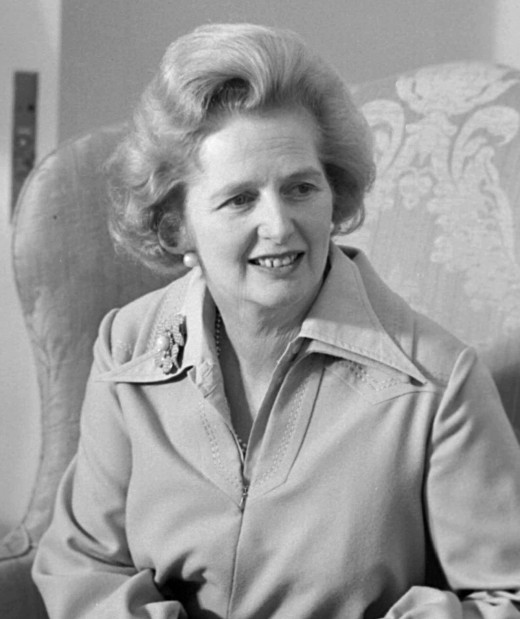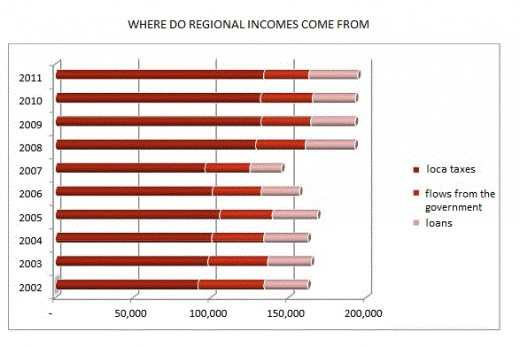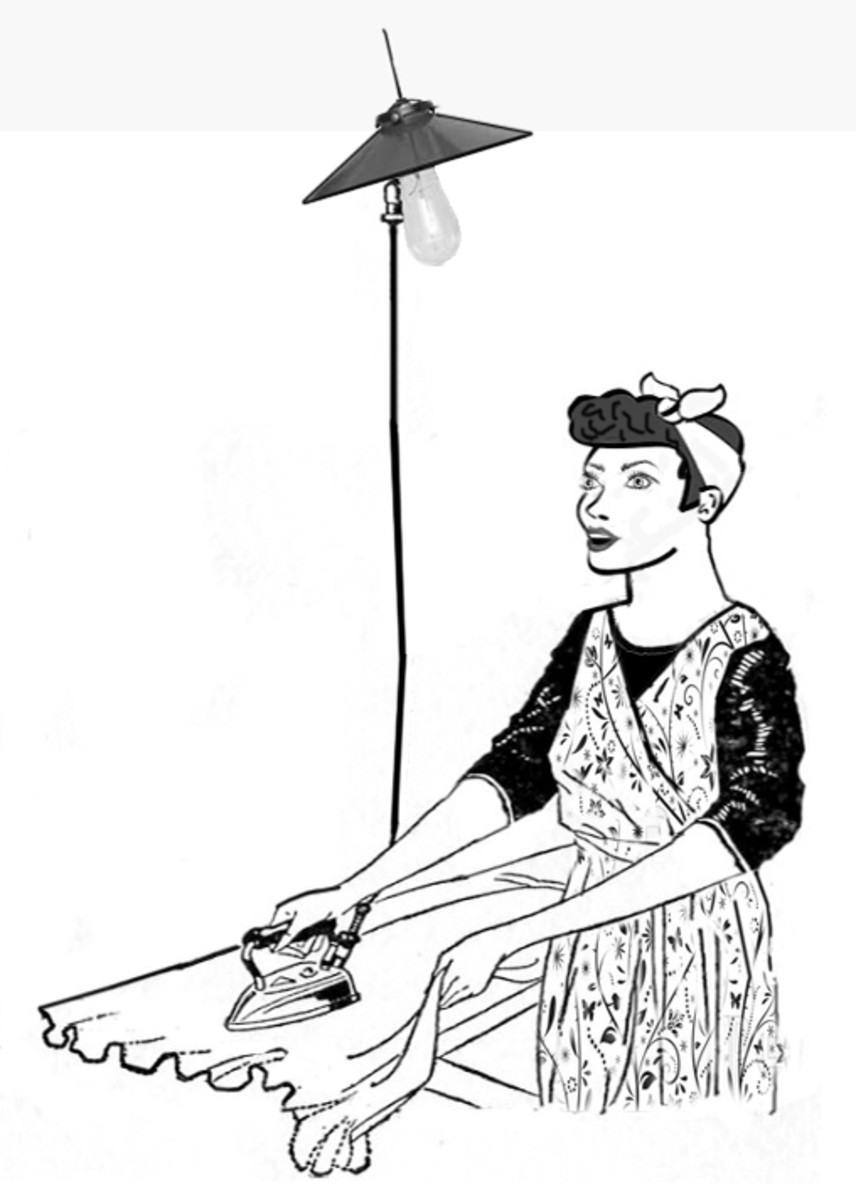Populism and the back room of its policies
Ms.s Tatcher and Farage, national populists


One thing we cannot ignore today is populism. Since 1980's the rising of populism has been creating a way for a deep feeling of people to flow out. Nobody can remain indifferent by these politicians and connected arguments. Tatcher, Bossi, Le Pen, Farage, Salvini. These are a few, most famous probably, names of European populists taking their honest amount of vote and having got their sensible role in Brussels. There are two sides of the questions (the front shop and the garage...) and if one side is under the screen every day, the other needs to be showed. We know very well top argumentations: opposing immigrants sometimes in a prejudicial way, exalting work, especially the manual and popular; attacking intellectuals, insist on concrete thing. Closeness to people is often exaggerate, pretending their people to be perfect . War divided populism especially in 2003, since the war on Iraq was encouraged-architected by the conservative American populism. It was at the same time discouraged by some Europeans, like the Lega Nord did.
Nowadays is important to take a look in the back side of politics, that is to say public finance. Media, even those specialised on politics, are not very used to consider deeply public finance and its impact on political issues; that's until bad data come out.
Right winded populism should be right winded, that is to say, favourable to free market. Lowering taxes and government is not exactly populists main issue. Italian provinces risk abolition, but they are defended hardly as it's possible by the Lega Nord party.
Regional taxation on its side, generete different income between different regions. A system still using strong flows form the central to the local rebalance differences, sometimes, overcompensate them.
Very difficult to focus on these subjects, for those who are accustomed to use their voice as loudly as possible and not to take arguments in a distinguished and technical-sensible way.
Picture showing impact of financial flows from the central government in local expenses (Italian data, 2014)

Now when taking a look at the most important right winded coalitions, here in Europe, it's quite common to have a blend between two kinds of conservatism. A marriage in which the globalist and free market conservatism can blend with a more ethnic and communitarian one. Europe has shown it both in Austria and, even more clearly, in Italy. Berlusconi cabinet 1994-1995 broke up, most because of this incoherence. The re-trial occurred during the 2001 - 2006 experience worked out better. Austria too has shown this in the cabinet in which the Freedom Party of Austria (FPÖ) took place, started in 2000. Some alliances on a superficial level are very armonious; while on a deeper one it's possible to see a significant incoherence. Difficult for these two different souls of the right winded politics to co-exist. Defending local identity and culture would bring to finance more the local-level government. At the same time, expanding government and creating new offices, seats and institutions means clearly generating new government and that has to be financed.







